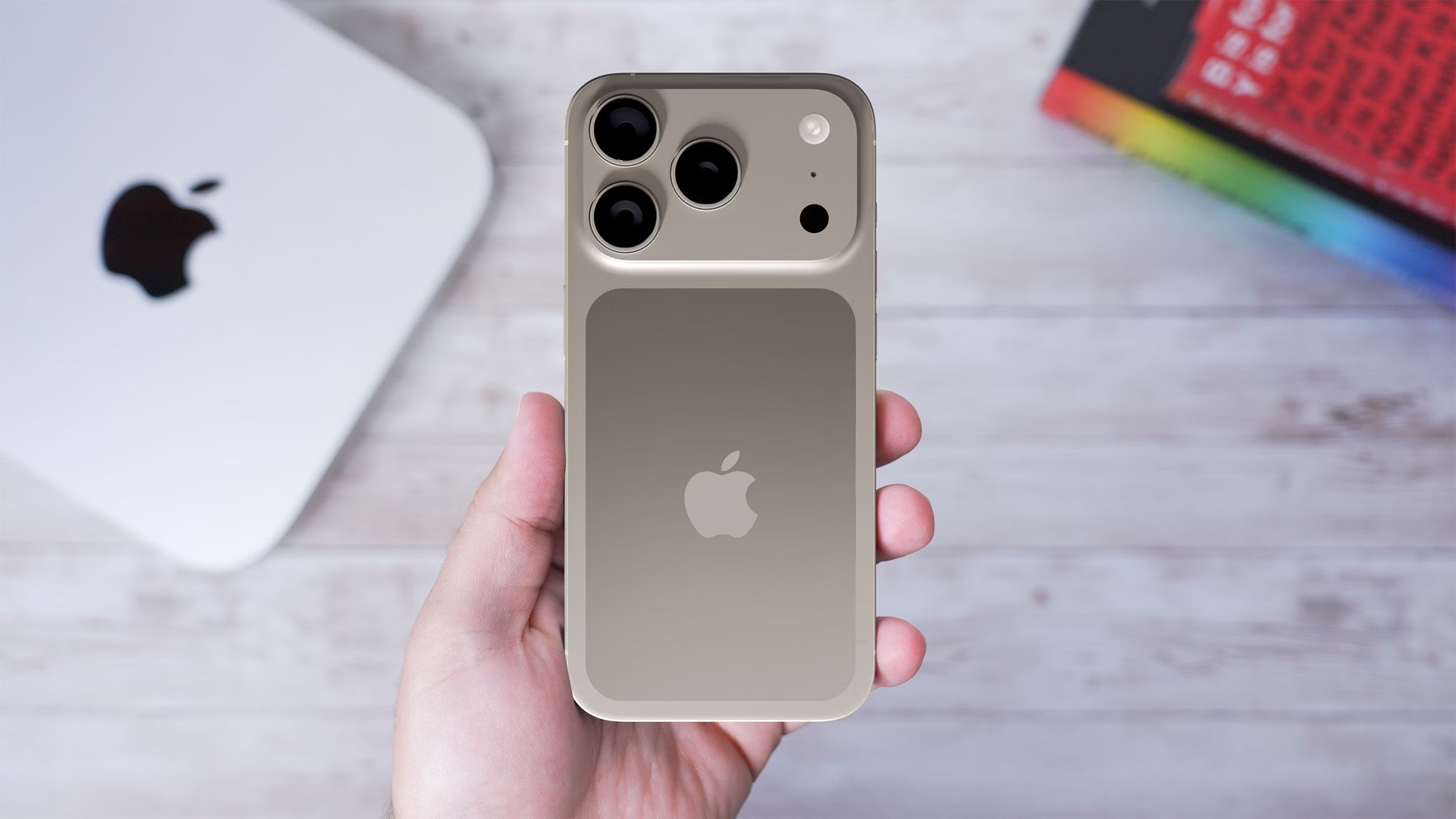
Among its latest announcements, Apple revealed a major security update for the iPhone 17 and iPhone Air: Memory Integrity Enforcement (MIE). This feature is designed to counter memory corruption bugs, one of the most common vulnerabilities used by spyware developers and forensic tools.
Apple said many mercenary spyware chains across iOS, Windows, and Android share the same weakness — memory safety flaws — making MIE a direct response to this industry-wide threat.
Stronger Defense Against Exploits
Cybersecurity experts describe MIE as a serious obstacle for spyware makers. One researcher who has developed zero-day exploits for government clients called the iPhone 17 “the most secure computing environment on the planet that is still connected to the internet.”
The new feature will significantly increase the cost and time required to create working exploits. Some experts predict that spyware vendors may experience a period where they lack effective tools against the iPhone 17 altogether.
MIE builds on Arm’s Memory Tagging Extension (MTE), improved through a five-year collaboration between Apple and Arm, resulting in Enhanced Memory Tagging Extension (EMTE).
Each memory allocation is assigned a secret tag, like a unique password. Only apps with the matching tag can access that memory. If the tag doesn’t match, the app crashes, and the event is logged — making spyware activity easier to detect.
This system protects both against remote spyware like NSO Group’s Pegasus and against physical device hacks from forensic tools such as Cellebrite and Graykey.
Industry Comparisons
While Google’s Pixel and GrapheneOS also offer MTE, experts argue Apple’s implementation goes further, making the iPhone 17 the most secure mainstream device available.
Apple confirmed MIE will run by default across the system, covering apps like Safari and iMessage. Third-party developers, however, will need to adopt MIE in their own apps to extend protection further.
Despite its strength, experts caution that MIE cannot stop all hacks. Skilled attackers will still find ways around protections, but the cost and difficulty of doing so will increase dramatically.
As Matthias Frielingsdorf of iVerify put it: “MIE is a good thing and it might even be a big deal. It could significantly raise the cost for attackers and even force some of them out of the market. But as long as there are buyers, there will be sellers.”
What The Author Thinks
Apple’s Memory Integrity Enforcement won’t eliminate spyware, but it shifts the balance of power. By making hacks harder, slower, and more expensive, Apple is effectively pricing out smaller players and forcing even the most advanced spyware makers to rethink their approach. While no system will ever be perfectly secure, raising the cost of exploitation is a meaningful way to protect everyday users — and that may be the most realistic path forward in the cat-and-mouse game of cybersecurity.
Featured image credit: Heute
For more stories like it, click the +Follow button at the top of this page to follow us.
